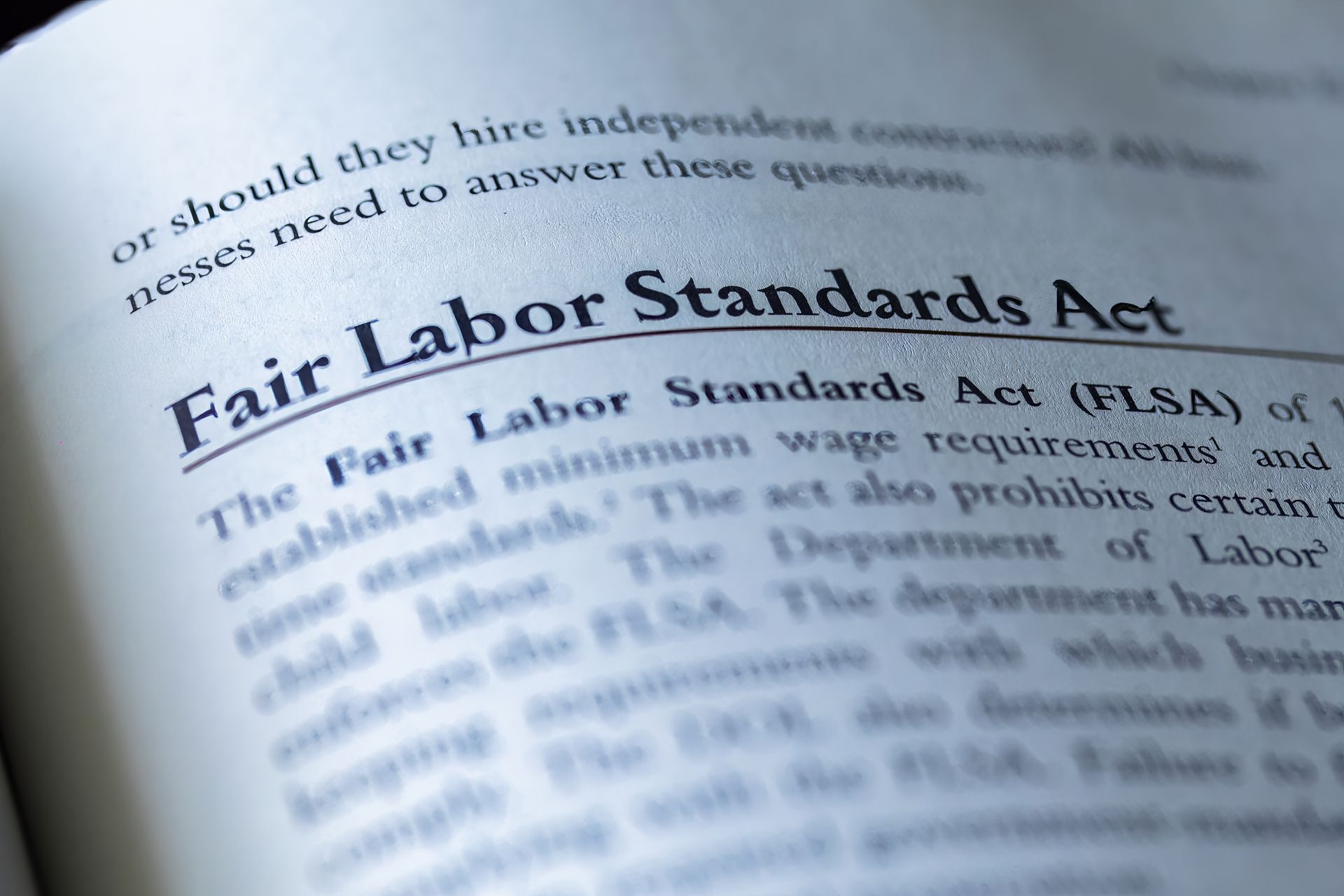Employment Law
The Employment Law team practices principally in the area of representing employers in all aspects of employment law. Geary, Porter & Donovan, P.C. services national and local clients of all sizes.
The team litigates labor and employment cases in federal and state courts and handles disputes before various governmental agencies, such as the National Labor Relations Board, the Equal Employment Opportunity Commission, the Occupational Safety and Health Administration, the Department of Labor, the Office of the Federal Contract Compliance Programs, the Texas Commission on Human Rights, and the Texas Workforce Commission.


In these forums, we routinely handle and regularly advise clients on matters arising under the following statutes:
- ADA
- FMLA
- Age Discrimination in Employment Act (ADEA)
- Consolidated Omnibus Budget Reconciliation Act of 1985 (COBRA)
- Fair Labor Relations Act and Davis-Bacon Act
- National Labor Relations Act
- National Labor Management Relations Act
- Occupational Safety and Health Act (OSHA)
- Title VII (of the Civil Rights Act of 1964)
- Texas Payday Law
- Texas Commission of Human Rights Act
Geary, Porter & Donovan, P.C.’s Employment Law practice also includes preventive and compliance labor law in the form of training seminars for management, counseling and investigation of internal complaints, development of employment practices and policies, employment manuals, arbitration programs, and negotiation and preparation of employment contracts, severance packages and termination documents. The Employment Law team offers experienced advice and representation in any matter related to the employment relationship and publishes a newsletter specifically aimed at the needs of its clients.
Employment Law Attorneys
To speak with an employment law attorney, call: (972) 931-9901



